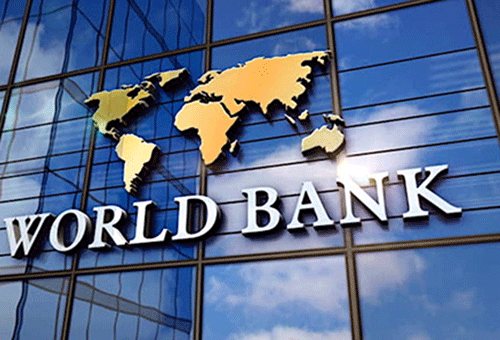Namibia is part of several emerging markets and developing economies that activated escape clauses, modified fiscal rule limits and suspended fiscal rules in response to the Covid-19 pandemic.
However, “It is critical to re-establish rules and strengthen medium-term expenditure frameworks (MTEF) to create a predictable policy environment,” advised the World Bank in its ‘January 2023, Global Economic Prospects’ report.
During his 2022/23 mid-term budget reviews last year, finance minister Iipumbu Shiimi said over the MTEF, domestic revenue is forecast to grow by an average of 7.4% to reach about N$78.3 billion by the 2025/26 financial year.
Moreover, in line with the fiscal sustainability consideration, he observed that aggregate expenditure over the next MTEF is projected to increase gradually, but at a slower pace than revenue. In fact, expenditure is projected to grow by 2.4% on average over the MTEF to reach N$80 billion in the 2025/26 financial year. This expenditure projection takes into account expenditure ceilings on the agreed 3% general salary and benefits’ adjustments for civil servants, as well as protecting the most vulnerable against escalating food prices.
EMDEs developments
The recent World Bank report added investment growth in emerging market and developing economies (EMDEs) is expected to remain below its average rate of the past two decades. Further adverse shocks, could push the global economy into yet another recession.
“Small states are especially vulnerable to such shocks because of their reliance on external trade and financing, limited economic diversification, elevated debt and susceptibility to natural disasters. Urgent global action is needed to mitigate the risks of global recession and debt distress in EMDEs. Given limited policy space, it is critical that national policy makers ensure that any fiscal support is focused on vulnerable groups, that inflation expectations remain wellanchored and that financial systems continue to be resilient,” the World Bank advised.
Meanwhile, in his budget review, Shiimi shared similar sentiments that it remains imperative to adopt a responsive macro-fiscal policy framework, both to safeguard the most vulnerable members of society and to chart the pathway from this precarious economic and fiscal environment.
Policies are also needed to support a major increase in EMDE investment, including new financing from the international community and from the repurposing of existing spending, such as inefficient agricultural and fuel subsidies.
EMDE outlook
Following last year’s sharp deceleration, growth in EMDEs is forecast to remain essentially unchanged at 3.4% in 2023. However, the World Bank added that excluding China, where growth is expected to partially recover after a weak 2022, EMDE activity is forecast to again slow markedly this year to
2.7%.
“Spillovers from weaker growth in the euro area and the United States are expected to dampen activity in EMDEs, especially those with tighter economic linkages to these major economies,” reads the report. Furthermore, Bank of Namibia (BoN) forecasted domestic economic growth for 2022 at 3.9%, before declining to 2.7% in 2023.
World Bank Group president David Malpass noted with the global economy under pressure, five critical steps must be taken. As such, boosting median incomes and shared prosperity in EMDEs will require. More investment to create jobs and increase output, allowing growth in consumption; improvements in the business-enabling environment; stronger cooperation to increase cross-border trade; greater debt transparency and sustainability, especially for the rising share of poor countries at high risk of debt distress; and integrating climate and development in ways that increase energy access and speed up the transition to lower-carbon energy.


